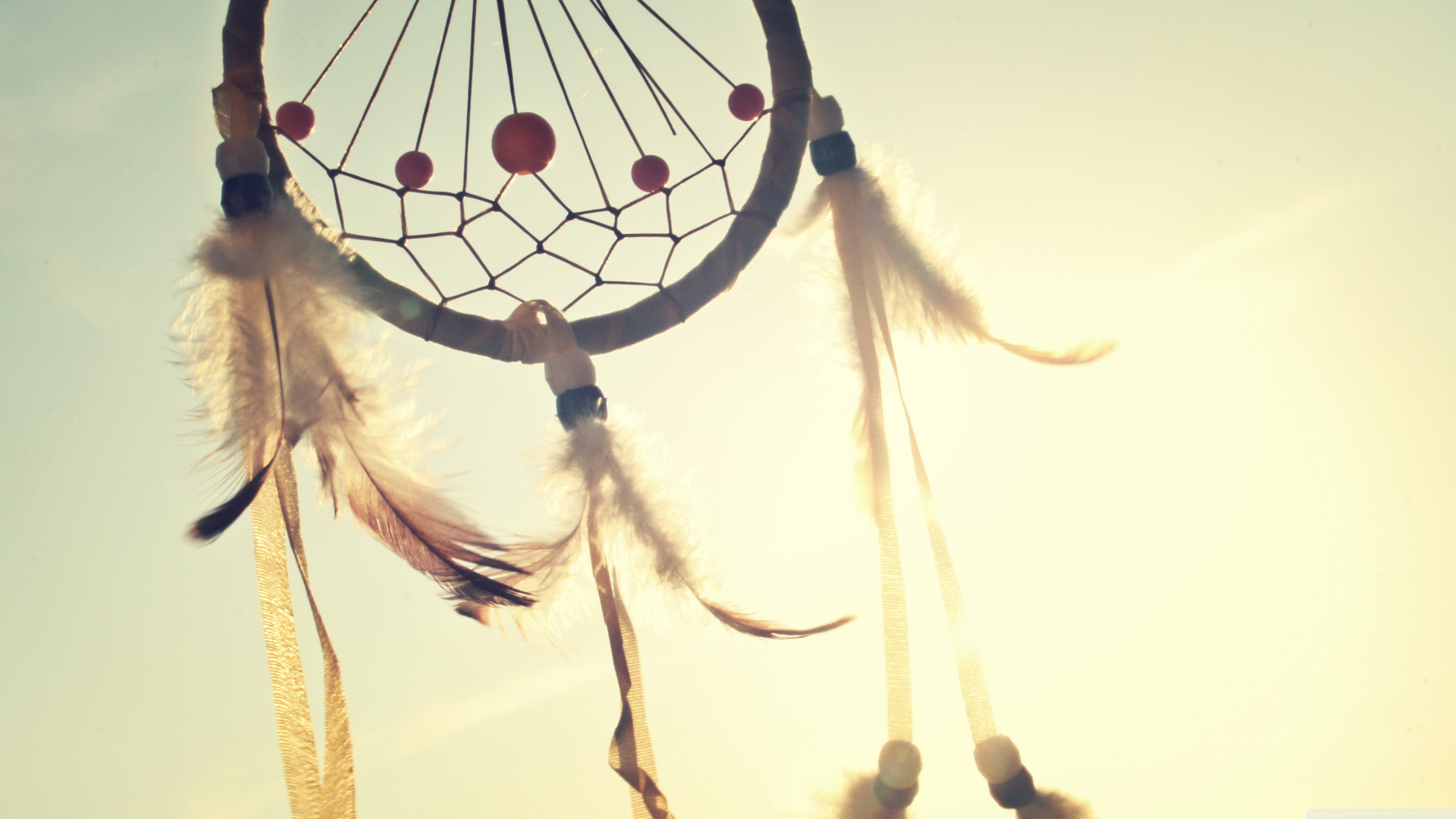How to Know If Your Halloween Costume Is Racist

By:
On Halloween, skeletons, super heroes, ghosts, and mummies roam, but some costume trends prove regressive and offensive.
Feathered war bonnets, Mexican sombreros, sexualized hijabs, kimonos, bindis and even black face appear at Halloween parties.
RELATED: Why This Caitlyn Jenner Halloween Costume Has Upset Many
Halloween costumes are notorious for being culturally appropriative, played off as “jokes.” As a society, we’ve more or less learned to be more culturally sensitive, so it’s especially inexcusable for the younger generation to get candy drunk in Native American-acting headdresses.
Despite increased awareness, cultural appropriation is still prominent in Halloween costume shops.
Cultural appropriation happens when a person adopts parts of a culture that is not their own. The act usually occurs when a more privileged, majority group takes elements from a minority group without comprehension of the appropriated culture’s background, life experience, or traditions. For instance: a young suburban girl of Scandinavian heritage wearing a Native American dress while painting her hands with henna, oblivious to the culture behind the symbols.
Cultural appreciation is when you wear an artifact from another culture that you deeply understand or are invited to be a part of. For instance: that same young girl wearing a sari after a study-abroad trip to India or to an Indian wedding.
The line between appropriation and appreciation is vague - but ascertainable with a couple questions in mind.
First off, how well do you understand the culture you’re imitating? Do you understand the deep-seeded meaning of the artifact you’re about to parade around in? Are you perpetuating a stereotype? What would someone from the costumed culture think about the wardrobe choice?
I asked my friend Rebeckah Schlichting of the Iowa Sioux tribe her reaction to native appropriation. She said the use of a dream catcher as an accessory by non-Native people doesn’t bug her, saying dream catchers have less meaning and significance. However, non-Native people wearing feathered headdresses/warbonnets is a different argument.
 Flickr/Image Catalog - flickr.com
Flickr/Image Catalog - flickr.com
“Each feather on a headdress is individually earned in battle through war,” Schlichting says. “Today, this can mean modern warriors fighting a fight for our people. For example, graduating college would earn you an eagle feather.”
To Native American people, the headdress is one of the highest honors a warrior can receive. You wouldn’t parade around with an unearned Purple Heart pinned to your shirt as a Halloween costume. A Purple Heart badge is to the U.S. military as a feathered warbonnet is to many Native American people.
RELATED: Warning: John Oliver's Sugar Rant Will Ruin Your Halloween
Myron Long Soldier, a Native American elder from the Ogallala Sioux Tribe in Western South Dakota, agrees with this view on Native-acting headdresses.
“I think it’s condescending, but sometimes you have to realize that there’s not really much you can do about it because it’s a free country, even though that culture and tradition belongs to us,” Long Soldier says. “I think it’s condescending (because) being native is very hard.”
However, Long Soldier remembers meeting a young boy while working on a house in Lincoln for the gas company.
“One time I went to this one house and I was down in the basement working on a furnace and all of a sudden this little boy came out and he had a papier-mâché headdress on and a buck-skinned colored outfit, he was maybe 4 or 5 years old and he said, ‘could you help me with some Indian words?” Long Solider said.
Ten minutes later the boy’s mom came down, observing the interaction, she told Long Soldier that her son has had an intense fascination with native culture ever since he was two or three years old.
“In a way, that was an honor. That was an honor,” Long Soldier said.
This young boy passed the line from appropriating to appreciating.
“If we could come to a point where people have that kind of understanding, then it would be okay, but to denigrate someone because of who they are within knowing the effect it has on people, that I don’t like,” Long Solider said.
He said he’s met non-native people who live in a very Native American culture and have adopted many Native ways of life with respect for the traditions, people and artifacts. Long Soldier appreciates this kind of cultural exchange, but when cultural exchange capitalizes off of marginalized populations, appropriation sneaks in.
